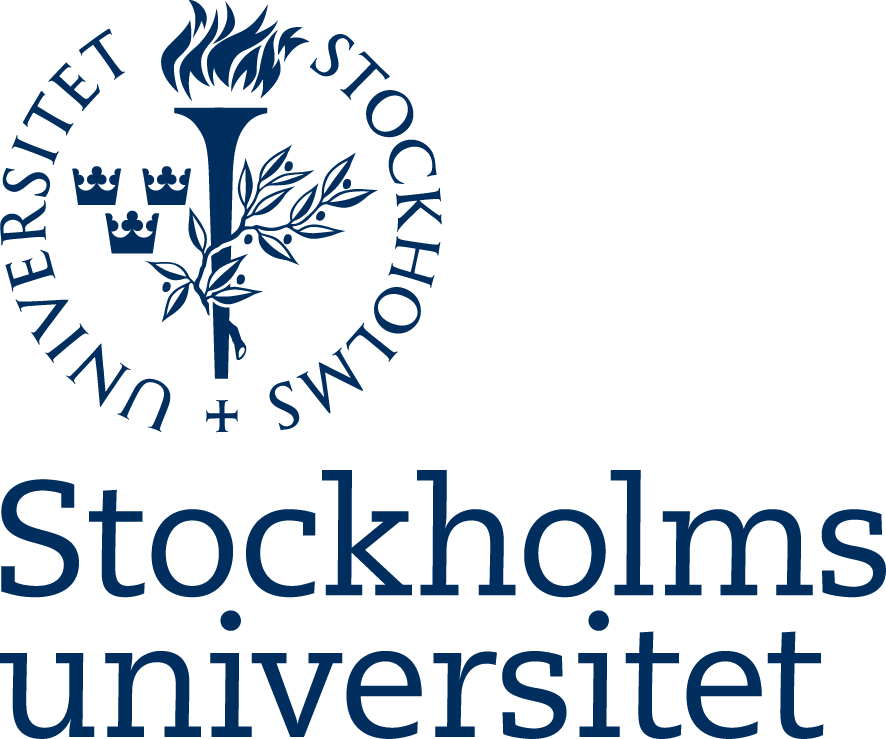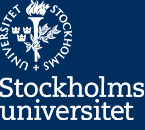Masterprogram i ekosystem, institutioner och globalisering, 120 hp
Avancerad nivåFakta
Fakta saknasUtbildningsplan
Beskrivning
Note that the program will change its name to Master’s Programme in Ecosystems, Resilience and Governance in the autumn of 2010. The description below applies to the new program.
Ecosystem management at a local or national scale is affected by drivers (social, economic, ecological) at various scales (local to global). Adaptation and governance at different scales are, therefore, crucial for our understanding of resilience in social-ecological systems. The Programme aims to enhance the student’s knowledge of the complex interactions between ecosystem dynamics and human activities at different scales; focusing on ecosystem management in the context of change and uncertainty. Students are introduced to different research approaches and methods for studying coupled social and ecological systems. To enable an in-depth understanding of complex social-ecological systems we focus on case studies.
Programme Layout: The first year consists of four compulsory courses (7.5 cr/ECTS each), and 30 cr/ECTS-worth of elective courses. The compulsory courses are: • Resilience, vulnerability and adaptability,• Philosophy of science for interdisciplinary environmental research, • Ecosystem management • Adaptive governance of social-ecological systems,.It is strongly recommended that 15 cr of the electives are composed of two courses held at the Stockholm Resilience Centre: • Social-ecological resilience: applications, • Methods for Transdisciplinary Environmental Research (7.5 hp/ ECTS).
The second year is spent writing a Master´s thesis 60 cr/ECTS. Students can spend most of this year abroad doing fieldwork and may have an assistant supervisor at another university. The entire Programme is held in English.
Entrance requirements • A Bachelor’s degree, or equivalent, from a university recognised by the Ministry of Education of the country in which the degree has been awarded; • A very good command of English, documented by an internationally recognised proficiency test. • ALL applicants must complete their application with the following: 1) Statement of Purpose – where you explain why you have selected this Programme and what you have to offer the Programme (max 250 words); and 2) Research Ideas – for your Master’s thesis which must be related to the Programme (max 250 words).



